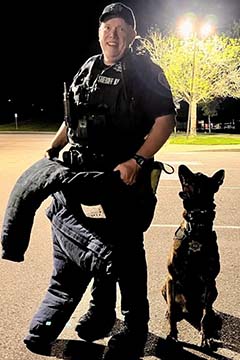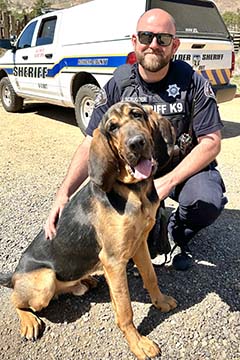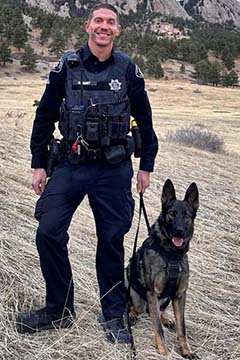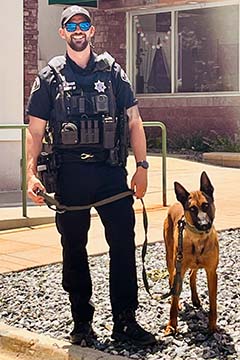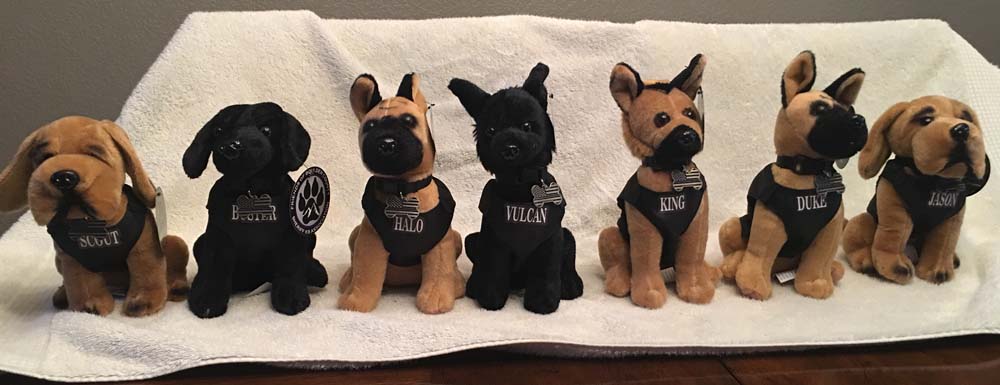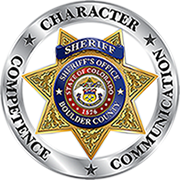The Boulder County Sheriff’s Office operates the second-oldest law enforcement K9 Unit in Colorado, established in 1973. Only the Denver Police Department’s unit predates it. Today, the Sheriff’s Office has five K9 teams specializing in detection (narcotics and explosives), patrol, and search and rescue.
K9s are valuable tools in law enforcement. With an extremely powerful sense of smell, their primary role is locating. K9s assist in detecting odors related to evidence, narcotics, explosives, or human remains. They can track suspects or lost individuals hours after a person has fled or gone missing, and they can locate people hiding inside buildings or homes. A single K9 can significantly reduce the time and resources needed for a search, saving hundreds of hours depending on the task.
K9 duties include:
- Tracking
- Area and building searches
- High-risk traffic stops
- Suspect apprehension
- Public demonstrations
- Detecting human remains
- Detecting narcotic or explosive odor
- Supporting SWAT operations
K9 teams are assigned to patrol districts but may respond anywhere in Boulder County. They are available 24 hours a day, 365 days a year.
K9s are either purchased by the Sheriff’s Office or funded through the nonprofit Friends of Boulder County Sheriff K9 Association. Each K9 is assigned to one deputy and lives with that deputy’s family. Most K9s serve between four to six years. Upon retirement, the K9 typically remains with their handler.
Training
The K9 Unit trains together for approximately 30 hours per month. In addition to monthly team training, handlers are expected to train with their K9 partners during both on-duty and off-duty hours.
All patrol and detection K9 teams are certified annually through the Colorado Police Canine Association (CPCA). Certification includes standards in obedience, agility, article and evidence detection, suspect apprehension, handler protection, and detection specialties (narcotics or explosives).
The unit includes five K9 teams (handler and dog), one supervisor, and two trained deputy decoys. Decoys play a vital role in preparing teams for real-life deployments by helping with tracking, bite development, and odor detection training.
Decoy responsibilities include:
- Creating tracks through realistic environments
- Assisting in controlled apprehension exercises using bite suits
- Hiding narcotic or explosive odors in training scenarios
- Assisting during live deployments



